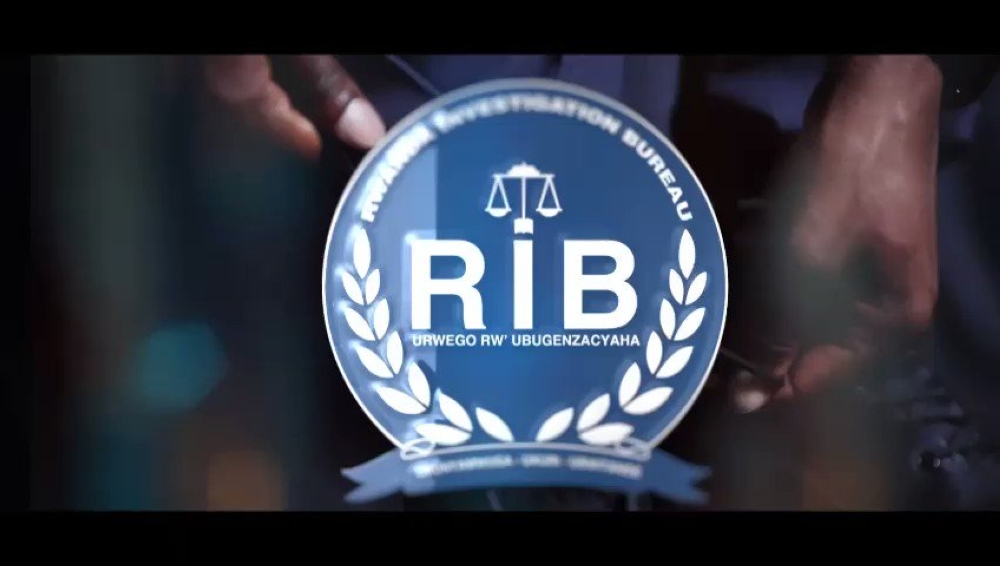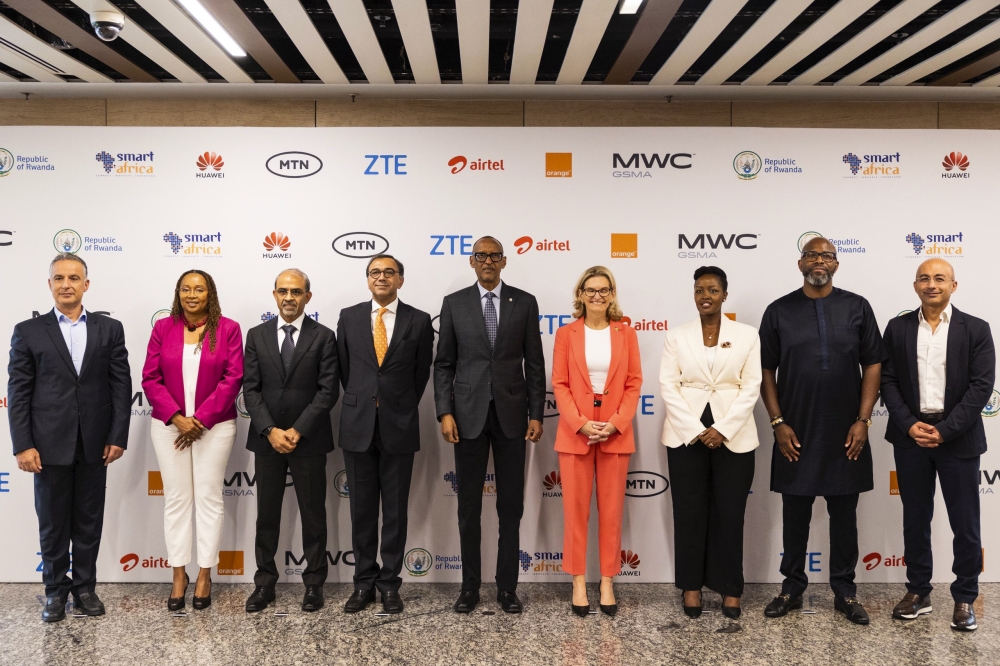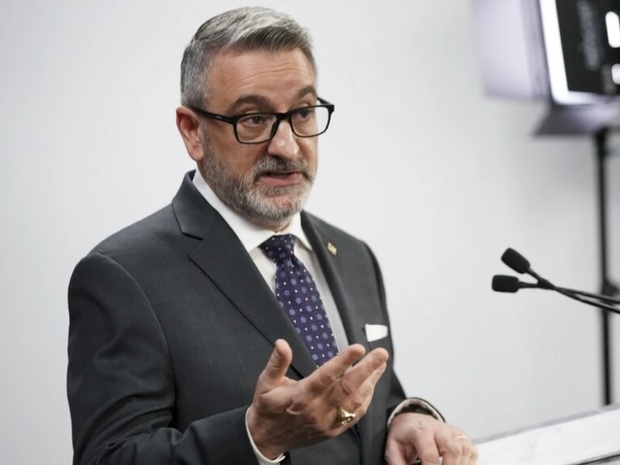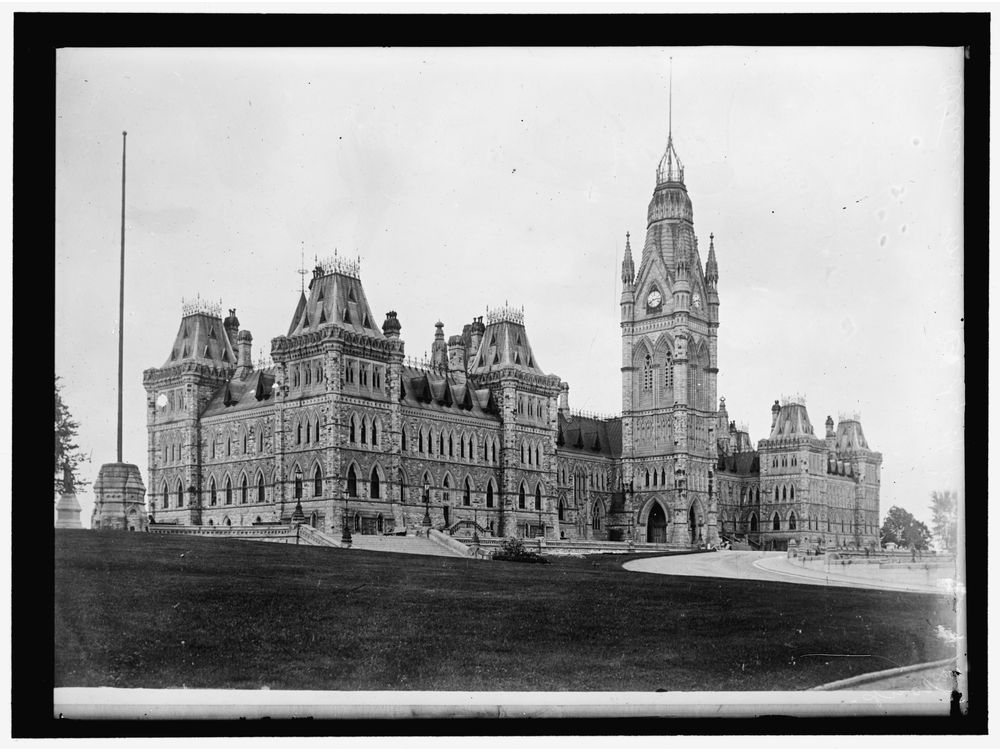Five cases involving government officials have been referred to Rwanda Investigation Bureau (RIB) for further investigation over suspected wealth declaration irregularities, following the 2024–2025 asset declaration exercise conducted by the Office of the Ombudsman.
Rwanda’s 2021 asset declaration law requires all public officials to declare their wealth every year by May 15 through an electronic system managed by the Office of the Ombudsman. The law also outlines strict timelines for those entering or leaving public service, where a newly appointed official must declare their assets within 30 days of receiving the electronic link, while an outgoing official has 15 days to do so.
ALSO READ: Money laundering: What Rwanda's new proposed draft law will address
The declaration is a key pillar in Rwanda’s ongoing fight against corruption and illicit enrichment. Attempts to conceal information, delay submission, or provide false data can lead to disciplinary measures or even criminal prosecution.
The obligation to declare assets applies to a wide range of public servants, from the President, Prime Minister, and Ministers to judges, prosecutors, and members of the security forces. It also covers some local leaders, public notaries, and staff of political organisations.
In this article, The New Times explores what triggers deeper scrutiny into an official’s wealth, and how administrative discrepancies can escalate into criminal investigations.
ALSO READ: NAEB official arrested over suspected money laundering
How the Ombudsman verifies declared assets
According to Jeanne d’Arc Mwiseneza, the Director of Declaration of Assets Unit at the Ombudsman’s Office, the institution examines an individual’s assets and financial transactions over the past three years to ensure compliance with the law.
The declaration form requires comprehensive details about all assets, including salary income, capital holdings, and gifts received or given. She explained that once a declaration is submitted, the Ombudsman initiates a verification process based on the information provided.
“When an individual declares their assets, we first identify their sources, and that forms the basis of our review,” Mwiseneza said. “We verify whether declared land matches the reported size and source, whether loans are accurate, and whether houses correspond to the declared value and funding. We may even inspect properties on-site and involve professional technicians when necessary.”
The verification process is carried out in coordination with relevant institutions. “For land, we work with the land management authority to confirm its size, value, UPI, ownership, and acquisition details. For loans, savings, or other funds, we collaborate with banks and financial institutions to trace the financial flows and ensure they match the declaration. Every item is cross-checked against official records.”
ALSO READ: 8 things to know about new law on money laundering and terrorism financing
Mwiseneza emphasized that this process ensures the declared information reflects the individual’s actual assets. Any discrepancies must be explained.
How RIB investigations can come in:
“If we find mismatches or undeclared assets, we request clarification. For example, if someone declares that a house was built with Rwf10 million from the Bank of Kigali, but the property is valued at Rwf50 million, we investigate the source of the additional funds,” she said. “If they cannot provide a satisfactory explanation, we prepare a report indicating that the source of funds is unclear and forward it to RIB, because our office does not conduct criminal investigations.”
She also noted that not every declarant is physically verified. Only a selected percentage undergoes detailed checks, and the report specifies who was verified, their category, and the institutions consulted.
ALSO READ: Public warned against money laundering
In the fiscal year 2024-2025, out of 19,707 public officials required to declare their assets, 19,697 representing 99.95 per cent complied. From these, a total of 6,338 declarations were selected for verification.
“If, in this round, an individual is part of the sample to be verified, we check every piece of information. If someone claims to have shares in certain companies, we verify it with Rwanda Development Board (RDB). We examine salaries, houses, land essentially, every declared asset,” said Mwiseneza.
She explained that declared businesses are also scrutinized. “If an individual declares a business, we verify its nature and value in relation to the declared information. We track the business flows with Rwanda Revenue Authority (RRA),”
“For example, you cannot claim that your business operates on a large scale with high revenues if this is not reflected in RRA records. There must be consistency between what is declared and what exists in reality.”
ALSO READ: Parliament passes tighter anti money laundering bill
Gifts also undergo verification. “In the declaration form, individuals indicate gifts they have received or given. For instance, if you claim to have been given a car as a gift, you must specify who gave it to you. During verification, we assess whether the giver has the financial capacity to provide that gift.
Similarly, if you report gifting a valuable item, you must show how you could afford it. You cannot declare gifting a car to your child that far exceeds your financial capacity,” Mwiseneza added.
ALSO READ: Why Rwanda amended anti-money laundering law
The institution does not rely solely on the information provided by the individual. If additional information emerges from other sources such as whistleblowers, financial institutions, or other channels, it is thoroughly investigated.
“For example, if we learn that a declared individual registered an asset under another person’s name, we gather information about all involved parties. We do not submit unverified documents to RIB. Once we have concrete evidence confirming illicit enrichment and it is clear that the individual cannot explain their wealth, we forward the case to the bureau for further investigation,” Mwiseneza said.
Failure to declare assets on time after repeated reminders is treated as an administrative offence. In such cases, the Ombudsman’s Office or the Senate (for the Ombudsman employees) can instruct the employer to suspend the official without pay for one month, granting them seven additional days to comply. Continued refusal leads to a three-month suspension, after which the matter is referred to RIB.
Similarly, when an official submits false or incomplete declarations and ignores calls to correct them, they face suspension and eventual referral for criminal investigation.
The Office of the Ombudsman works closely with institutions such as Rwanda Investigation Bureau, Rwanda Revenue Authority, the National Bank of Rwanda, Rwanda Financial Intelligence Centre, and National Public Prosecution Authority to strengthen accountability and curb financial crimes.






